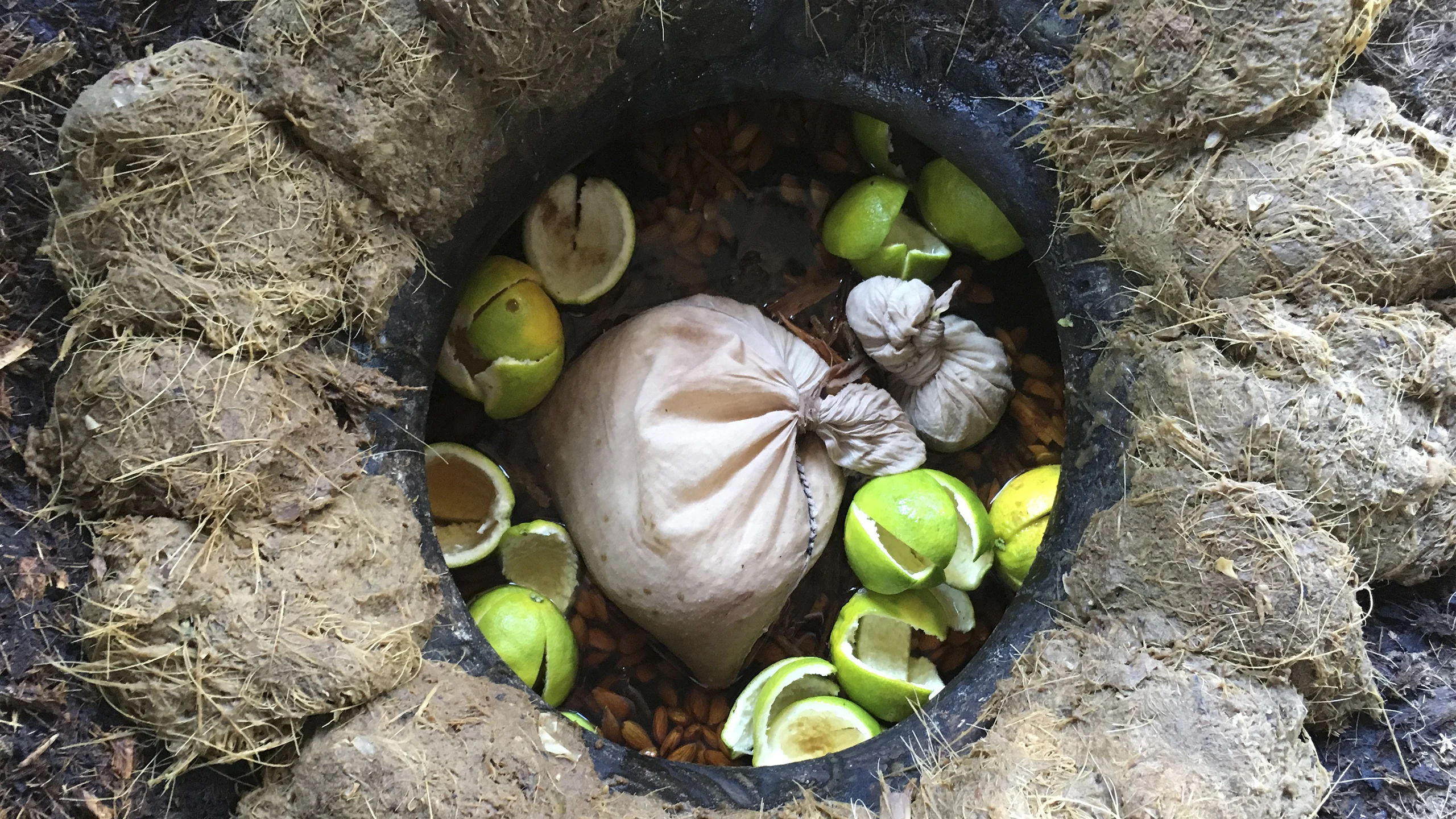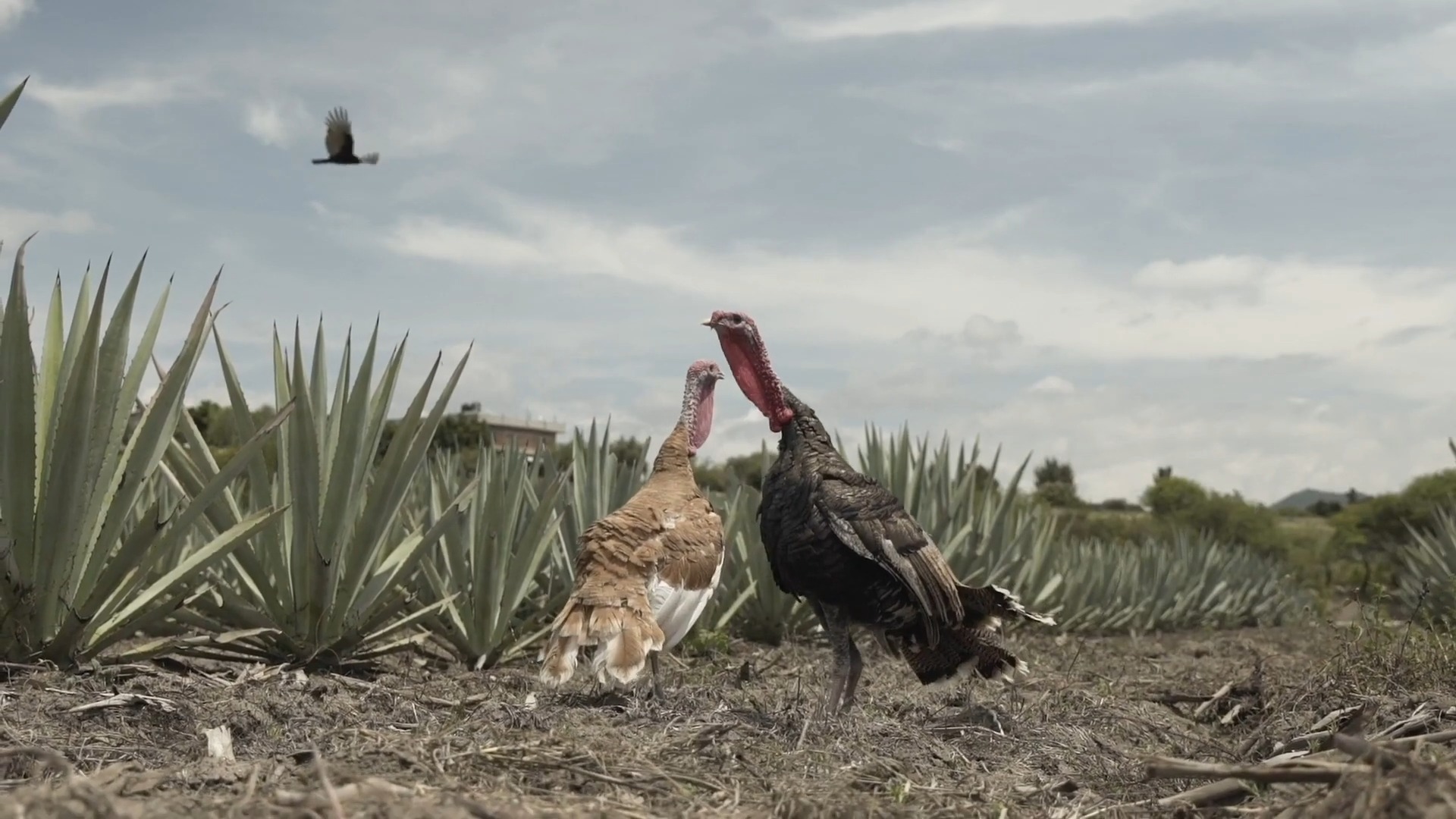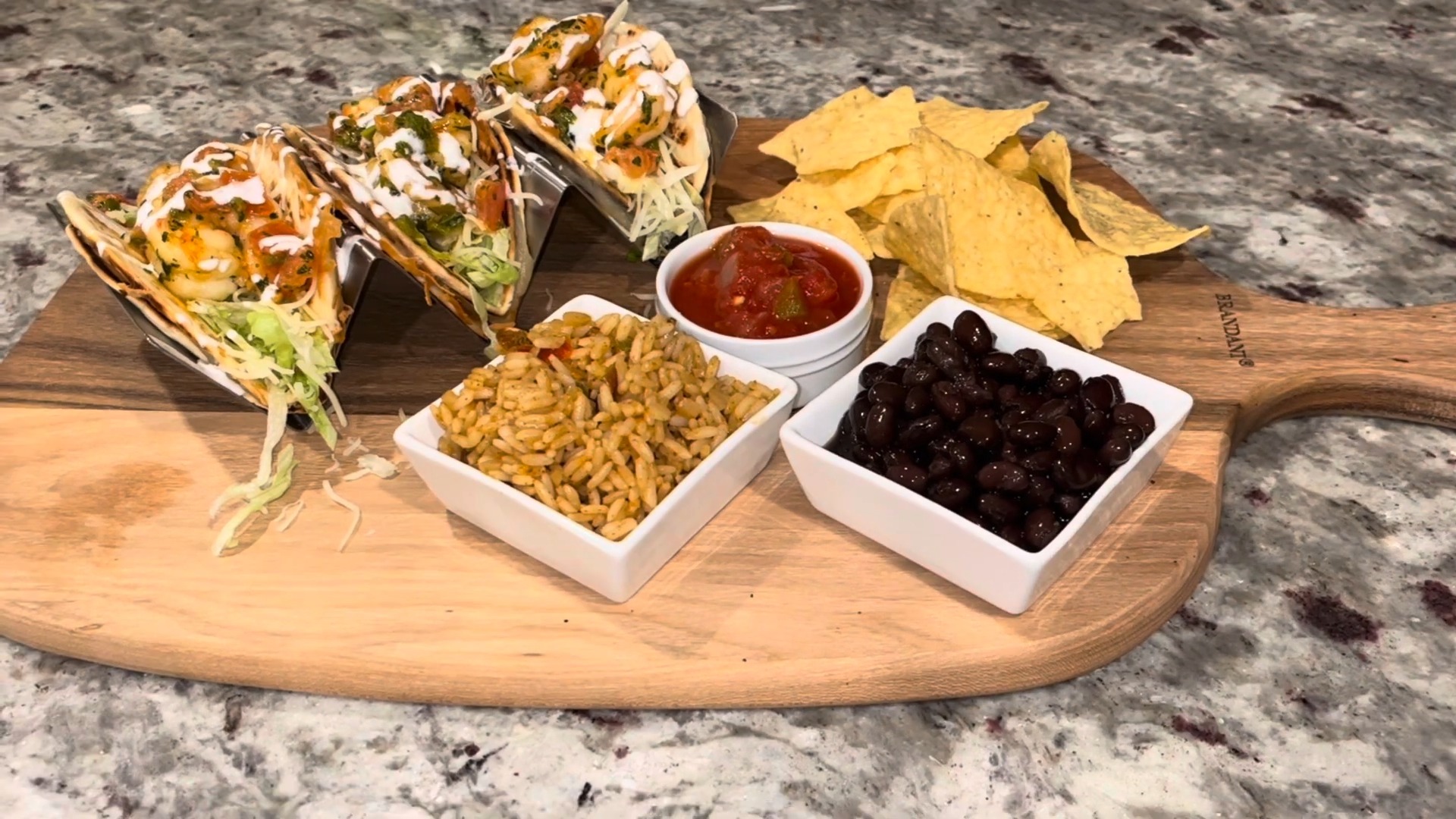Pechuga is what is known as a destilado con. Meaning that it is a type of mezcal distilled with something other than the fermented agave.
Typically a destilado con pechuga is distilled twice before the ingredients are introduced to the still for a third distillation.
At this stage, a number of techniques are used depending on the region in which the drink is being made.
Generally, the maesetro will hang a chicken breast with wire where the still cap meets the base. Other ingredients used are seasonal fruits, vegetables and herbs which are either thrown directly into the pot or sifted through cheesecloth, among other methods.
Lastly pechugas are not limited to the mezcal category and can be found in many other types of agave spirits.
What Is The History Of Pechuga Mezcal?
Many have tried to unearth the history and origin of pechuga with inconclusive results.
What we do know is that the tradition dates back several generations, and likely has its origins in Oaxaca.
Alvin Starkman of Educational Tours in Oaxaca is one person who was able to trace the tradition of pechuga back to the 1930’s from an oral history told by a Santiago Matatlán local.
“All variations of pechuga which employ a meat protein continue to be served today at many rite of passage celebrations in Oaxaca such as weddings, quince años, baptisms, significant birthday and anniversary celebrations, and so on.”
What Kinds Of Meats Are Used For Pechuga?
Pechuga in Spanish literally translates to breast or breast of a fowl. In the past, however, people have used every kind of meat imaginable, including chicken, turkey, deer, lamb, rabbit, iguana and even lobster.
The lobster pechuga, in fact, was an invention created by Alvin Starkman in partnership with Rosario Ángeles of Mezcal Rambha.
Of all of the pechugas that I have tried, my personal three favorites are the traditional pechuga, the deer pechuga, and Starkman’s own lobster pechuga mezcal.
Does Pechuga Mezcal Need To Be Made With Meat?
Traditionally, it is made with meat, but it’s not an imperative.
More recently, several maestro mezcaleros have started producing high-quality with only fruits, vegetables and herbs—vegan pechuga, if you will.
As the agave spirits category broadens, you will see more and more maestro mezcaleros experimenting and pushing the boundaries of traditional mezcals.
Like with many things, there are no absolutes. The one thing that you can count on is that mezcal will vary infinitely from one palenque to another and from bottle to the next.
What Does Pechuga Mezcal Taste Like?
When drinking a pechuga mezcal, one note that stands out when compared to non-pechuga is the umami note. This, of course, is from the meat that is introduced during distillation. Expect a savory, decadent, sometimes even gamey or wild taste (in a good way). But do not expect the flavor to be overwhelmingly strong. It is more like a subtle addition rather than a flavor punch in the face.
Of course, if there is no meat in the pechuga, you can expect something seasonal-tasting with fruit (ripe or dried) and herb flavors than you would typically taste in a run-of-the-mill espadin.
But it goes without saying that in the destilados con category, your imagination is the limit when it comes to tastes, smells, and flavor profiles.
The Case For Pechuga Mezcal
Many purists say that destilados con mezcals are diminishing the natural flavor and adding something unnecessary to the process.
But making pechuga is traditional in some villages and many are incredibly tasty.
Some are rare and special, distilled only annually, while others are unique creations made for special occasions or events. Still, others are such well-kept secrets they’re not even for sale to the public.
In my opinion, this exclusivity alone merits them a place on any serious collector’s shelf.
Not only do they make a great conversation piece among guests and friends, but they will elevate tasting with even the most experienced connoisseurs.
Pechuga Mezcal Food Pairing Ideas
Pork Belly and White Mole Sauce (Mole de Novia) with Pickled Cabbage and Roasted Broccoli.
Created by Chef Miguel Muñoz Galaviz, a mezcal enthusiast and owner chef of MMugazz in Bucerias, Jalisco, this pechuga mezcal food pairing will dance on your palate.
Chiles en Nogada
This famous traditional Mexican dish is usually made around Mexican Independence Day on account of its white, green, and red colors that resemble the Mexican flag. It is considered another light pairing. Yes, the herbs, sauce and fruit will compliment a creamy pechuga mezcal any day of the week.
Fried Fish or Shrimp Tacos
A friend of the Agave Spirits Institute and owner of Viva Tacos and Tequila in Charleston, SC says that his shrimp tacos would be “banging” with a mezcal pechuga. This light and savory combination is sure to delight your taste buds.



